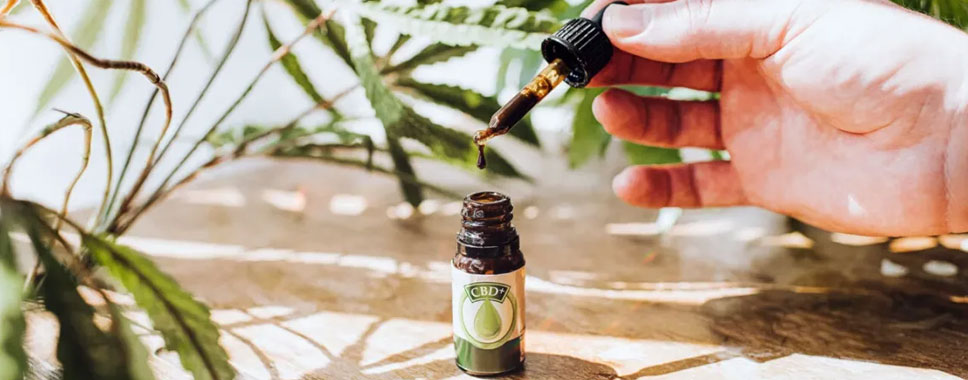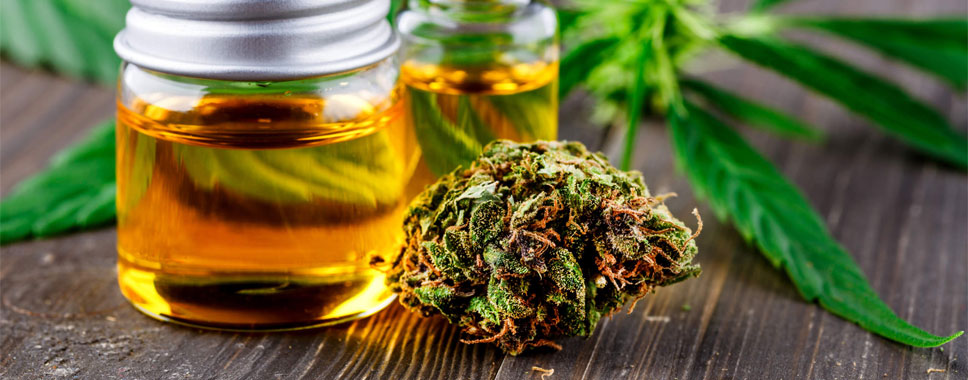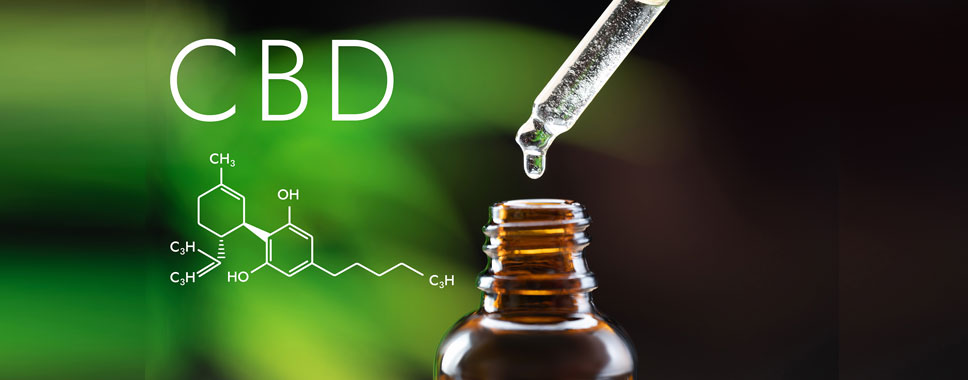In recent years, CBD (cannabidiol) has taken center stage in conversations around natural wellness. You’ve probably seen it in oils, gummies, creams, or even lattes. But one of the most common reasons people turn to CBD isn’t just to be trendy—it’s to find relief from anxiety. With anxiety levels on the rise globally, many are asking: Does CBD really help with anxiety, or is it just another wellness fad?
Let’s break down the science, personal experiences, and what you need to know before giving it a try.
🌿 What Is CBD?
CBD is a naturally occurring compound found in the cannabis plant. Unlike its more famous cousin THC, CBD doesn’t get you high. Instead, it works subtly with your body’s endocannabinoid system—a network of receptors that helps regulate mood, sleep, stress, and other vital functions.
People have been using cannabis for therapeutic purposes for thousands of years, but it’s only recently that modern science has zoomed in on CBD as a non-intoxicating alternative that may provide relief from various conditions, including anxiety.
😰 How CBD May Help With Anxiety
Research on CBD is still emerging, but early studies and anecdotal evidence are promising. Here’s how CBD is believed to help ease anxiety:
1. Interaction with Serotonin Receptors
CBD appears to influence serotonin levels in the brain—a key neurotransmitter involved in mood regulation. This is the same system that many antidepressants and anti-anxiety medications (like SSRIs) target, though CBD works in a different way and often with fewer side effects.
2. Reducing Cortisol
Some studies suggest CBD can lower levels of cortisol, the body’s main stress hormone. Less cortisol might mean a calmer, more balanced mood, especially for those under chronic stress.
3. Promoting Better Sleep
Sleep and anxiety are deeply connected. Many users report that CBD helps them fall asleep faster and stay asleep longer, which can indirectly reduce daytime anxiety.
4. Neuroprotective and Anti-inflammatory Effects
CBD’s broader effects on brain health, inflammation, and neural plasticity may also contribute to a more resilient and balanced emotional state over time.
🔬 What the Research Says
Several small but significant studies have explored CBD’s impact on anxiety:
-
A 2011 study found that people with social anxiety disorder who took CBD before a public speaking event felt significantly less anxious than those who took a placebo.
-
A 2019 case series published in The Permanente Journal followed 72 adults with anxiety or sleep issues. After a month of CBD treatment, 79% reported lower anxiety.
-
Animal studies have also shown that CBD reduces signs of stress and anxiety in rats and mice.
While these results are encouraging, larger-scale human trials are needed for conclusive proof.
⚠️ Things to Consider Before Using CBD
If you’re thinking of trying CBD for anxiety, keep the following in mind:
-
Start low and go slow: Begin with a low dose (like 10–20 mg) and increase gradually.
-
Choose quality products: Look for third-party lab testing and clearly labeled ingredients.
-
Talk to your doctor: Especially if you’re on medication, as CBD can interact with some drugs.
-
Avoid THC if you’re sensitive: Stick to CBD isolates or broad-spectrum products if THC makes you more anxious.
💬 Final Thoughts
While CBD isn’t a cure-all, many people find it to be a helpful tool for managing anxiety—whether it’s occasional nervousness or chronic worry. It may not work for everyone, but for those who find relief, it can be life-changing.
As with any supplement, personal experience varies, and what works for one person might not work for another. But if you’re curious about a natural option for calming your mind, CBD could be worth exploring—with care and quality in mind.
 hempcentral
hempcentral 



Comments